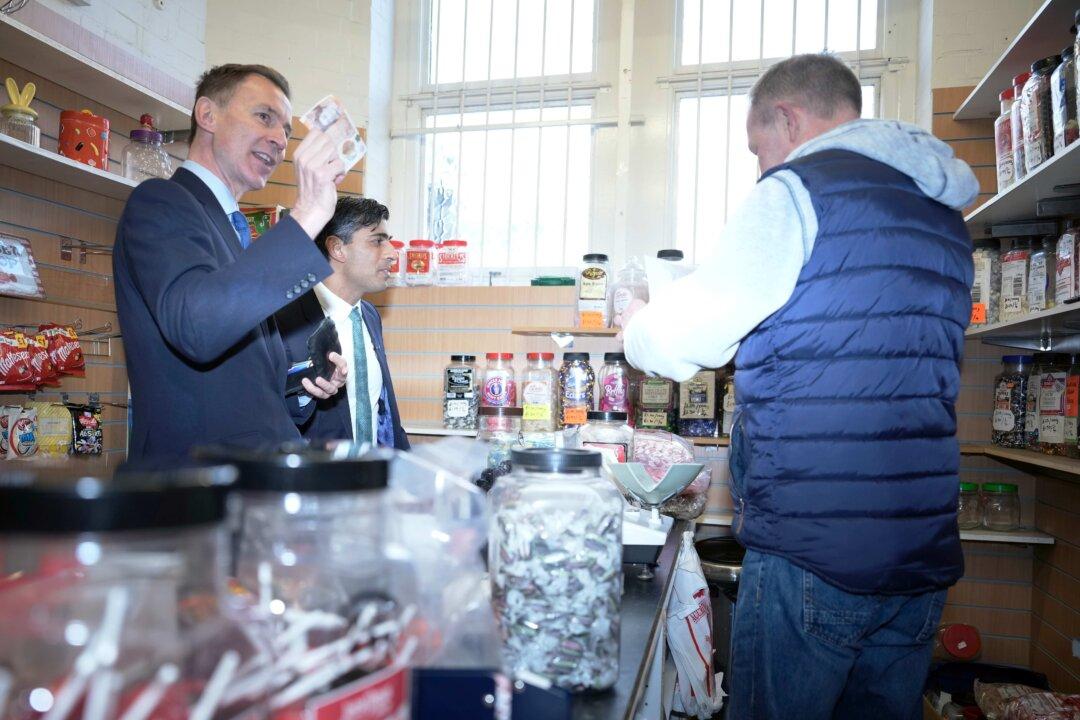The UK’s public borrowing rose to another record high last month as a result of the mounting cost of the government’s energy support schemes and soaring debt interest.
According to the latest figures released by the Office for National Statistics (ONS), UK public sector borrowing reached £27.4 billion in December 2022, the highest December figure since monthly records began in January 1993.





